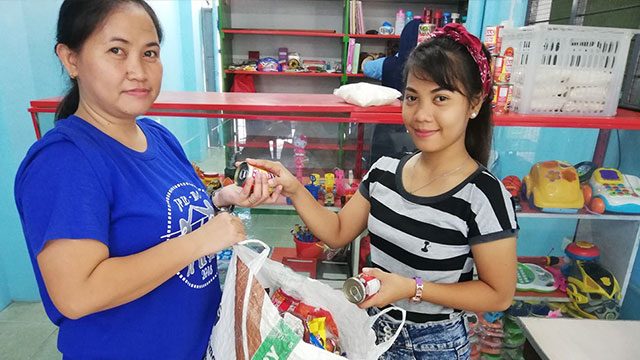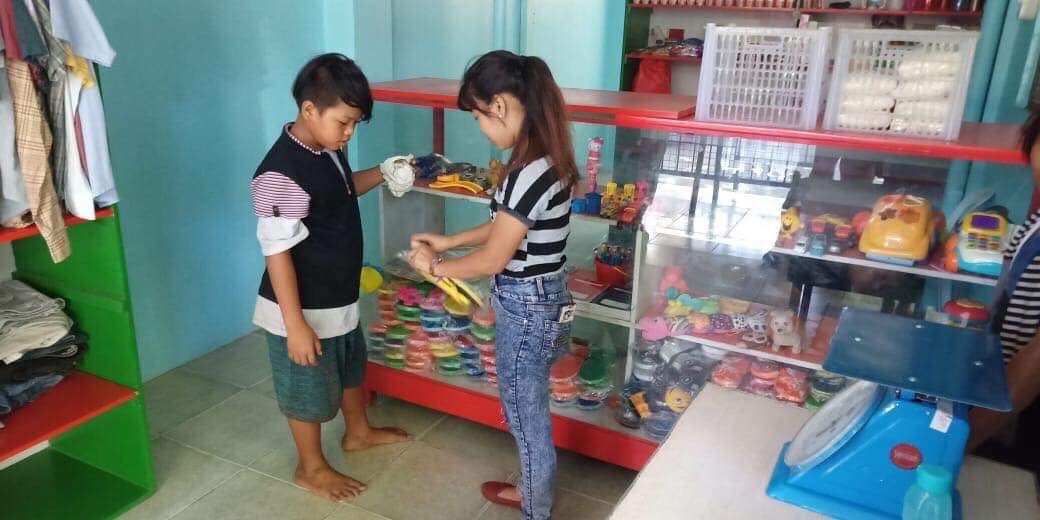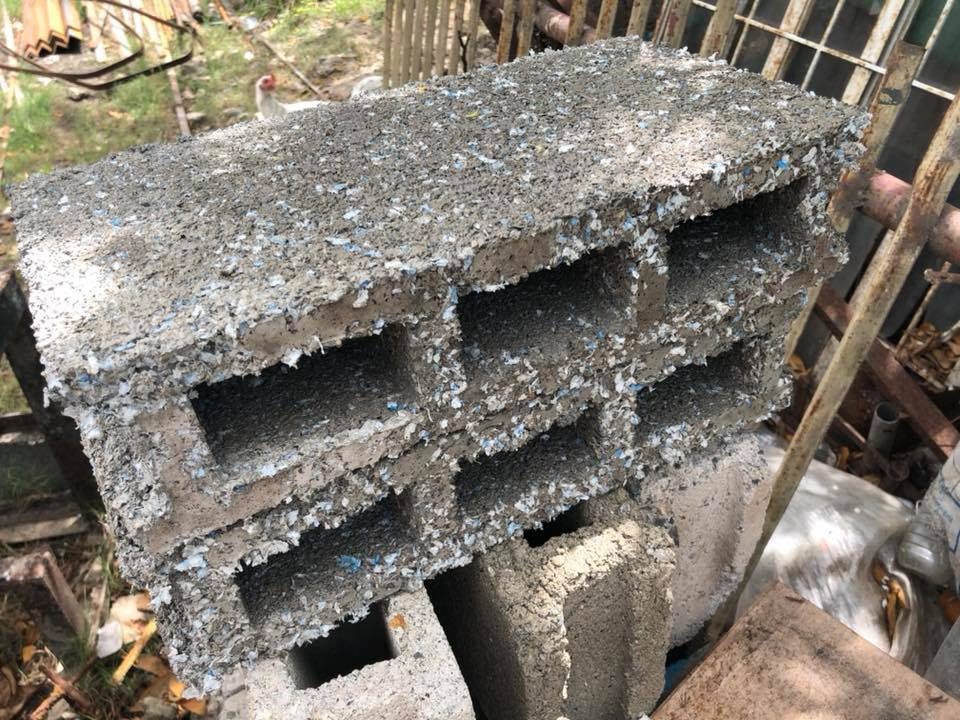SUMMARY
This is AI generated summarization, which may have errors. For context, always refer to the full article.

Inspiration comes from different places.
For Adrian Lee, chairman of the 12 Baskets Movement, it’s from the garbage pollution in his city.
The movement was built not only to help solve plastic waste but also to provide livelihood to former prisoners and dumpsite dwellers who are having a hard time finding jobs.
Last June 15, they opened their very first Plastic Barter Store, where people can trade their plastic garbage for donated goods such as clothes, food, toys, and school supplies, among others.
But just like opening any business, they faced a lot of challenges.
Years ago, Adrian encouraged his friends to take photos and videos of people littering and upload it on Cebu Garbage Patrol, a Facebook group he created to control garbage pollution in his city.
Unfortunately, this project didn’t become as impactful as he wanted it to be. The local office was overwhelmed with the garbage problem and people were afraid to get involved.
But after attending a conference featuring speakers such as Commodore Bobby Joseph, Fr. Ciano Ubod of Cebu Archdiocese Prison Apostolate (CAPA), and Winchester Lemen of Winder Recycling Company who talked about cleanup initiatives, lack of employment opportunities for ex-convicts, and plastic recycling, Adrian realized that he had to try again. So, he created the 12 Baskets Movement.
This time, he made it his personal mission to ensure that his second venture succeeds. He reached out to his friends from the Rotary Club of Metro Cebu (RCMC) who adopted and supported the project.

“The idea is to have a Plastic Barter Store in each parish and use the plastic garbage collected to produce eco-hollow blocks,” Adrian said.
The eco-hollow blocks production will be offered as a livelihood program to former prisoners who underwent screening by the church’s prison apostolate.
“People like us who have been imprisoned experience difficulties in finding a job. That’s why I’m very happy that there are projects like this that can help us provide for our families,” Obik, one of the former inmates who will take part in the livelihood program said in Filipino.

The project has received a lot of attention from the local media. However, the production of the eco-hollow blocks isn’t starting until mid-July.
“It was delayed as they were still waiting for the electrical connection to be installed,” he said. “Perhaps this is God’s will to move others to act.”
The Cebu Centennial Lions Club which Adrian is also a part of is working on a mobile barter store for the plastic barter bazaar event they’re planning to launch.
“We look forward to other people doing their part. We hope for support and prayers as we take these baby steps,” he said. – Rappler.com
#GoodRap is a weekly column that aims to feature lighthearted yet meaningful stories from here and around the globe. We hope this provides an oasis for anyone who wants to take a quick escape from the gloom and doom of the everyday world.
Add a comment
How does this make you feel?
There are no comments yet. Add your comment to start the conversation.